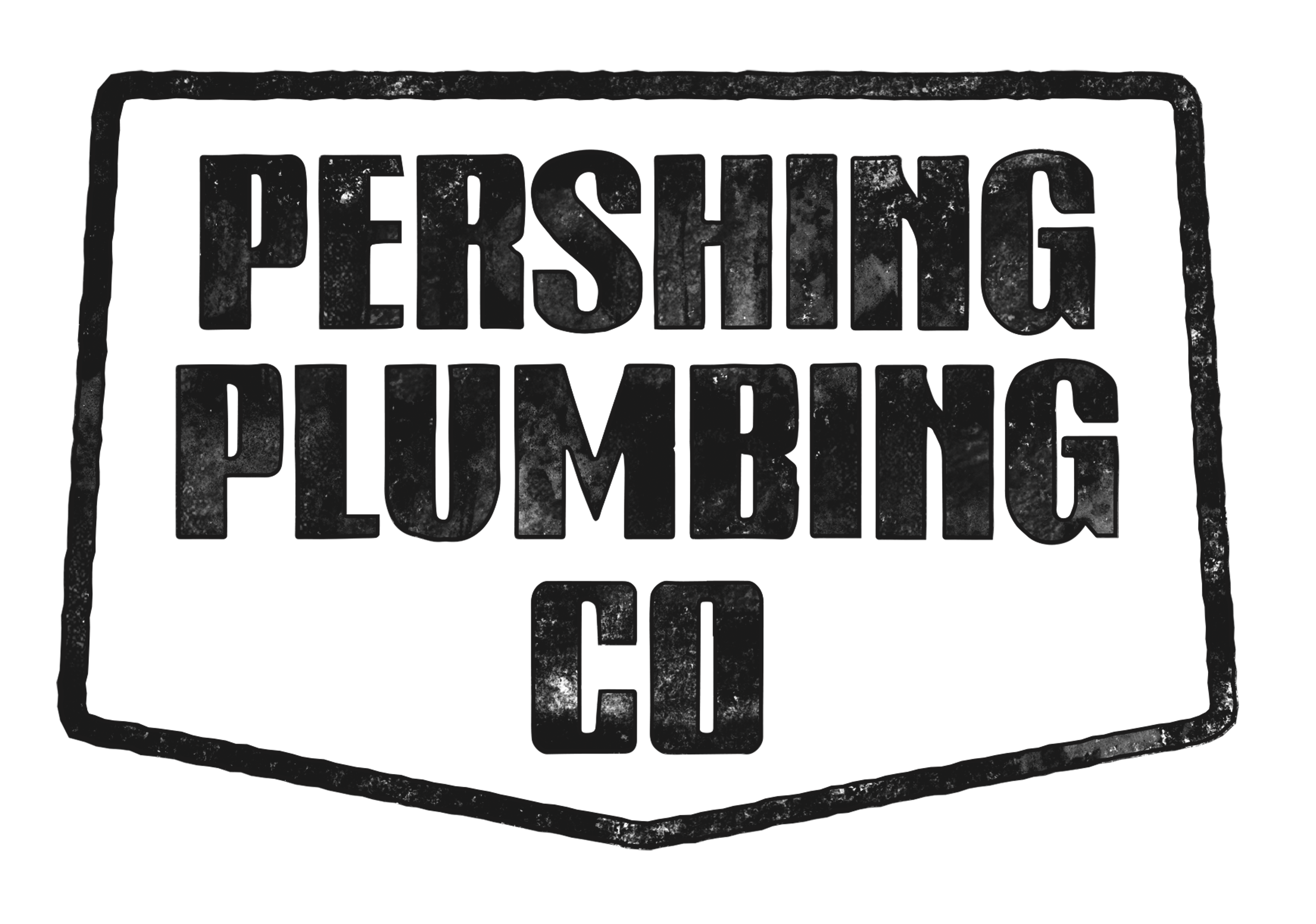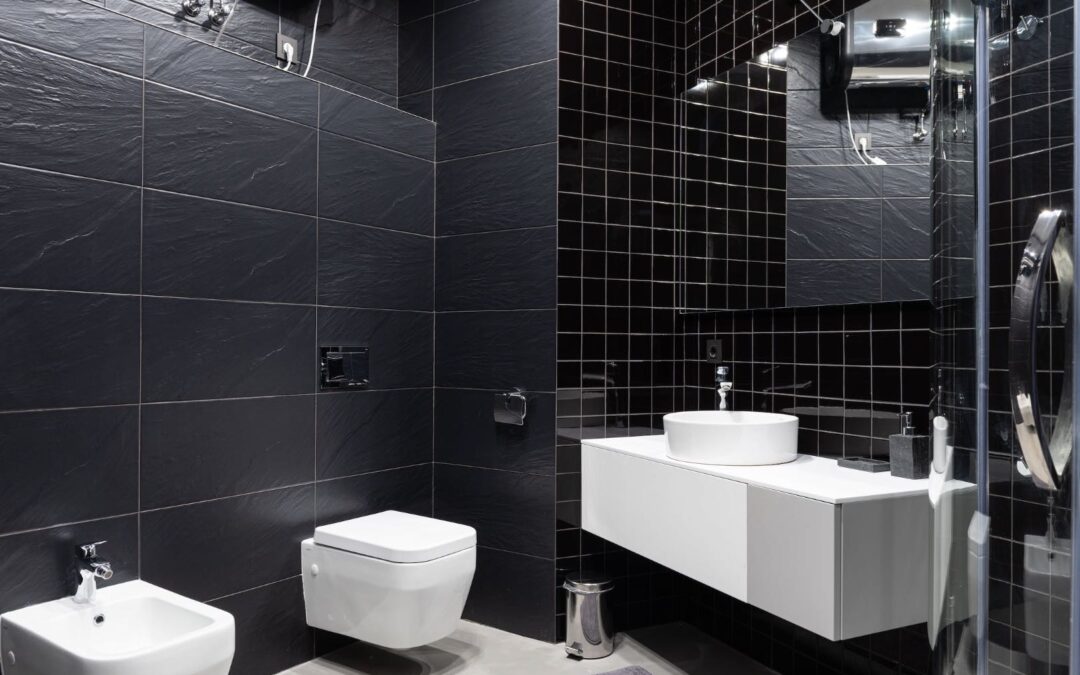Oh no! Is your home experiencing constant back-ups? Are you concerned it might happen again?
It can be annoying and stressful to experience backups in your house. It could indicate a bigger problem with your sewer line if backups continue to occur in your home.
Our Glendale, CA Plumbers are available to help with all your plumbing issues, including diagnosing the source of frequent back-ups in your home. This blog will discuss why your home is experiencing frequent backups, how to avoid it happening again, what to do about it, and what to do to fix it. This blog will help you make the right decisions for yourself and your home.
Why do you experience frequent backups?
Backups are a normal part of your home. But what happens if it keeps happening again? We will be the ones to tell it that it isn’t.
There may be old piping left over from when your house was originally built.
PVC, clay and cast iron are all common materials for sewer pipes. These materials are strong but not durable. Your pipes will eventually crack, corrode and break. This will lead to backups. This isn’t all that can cause backups in your house.
- Clogs
- Clogs (or stoppages) are caused by solid objects stuck in your sewer lines. It can happen from large objects such as the toy your child flushed down the toilet with, or hair, cooking oil, feminine products or food.
- There are two types: the main and local stoppages.
- Roots
- Roots from trees can cause major problems, even though they are not on your property. The only way to remove roots from your sewer lines is to trim them out and then repair or replace any damaged pipes.
How to address frequent backups
Many ways to resolve frequent backups within your home.
- Repair the Pipes
- Never despair, just repair! When you have frequent backups, the first thing you should do is repair your sewer system. There are several options for repairing your pipes.
- Replace the Pipes
- You can address frequent backups by replacing the sewer pipes with newer ones. Back-ups can result from old piping material breaking down, corroding, cracking. But, it can be expensive to replace all your sewer lines. Instead, we recommend that you only replace the pipes that cause the most damage to your home.
- A qualified Glendale, CA Plumber should also inspect your system to determine the root cause of your problem.
- Sewer Descale
- Most blockages in the sewer lines can be removed with a snake. A snake can be an effective tool to remove a blockage but it’s usually temporary.
- You can clean out your sewer lines to clear any buildup and prevent future blockages.
- Hydro-Jetting
- Hydro-jetting is another way to fix frequent backups in your house. It is used for clearing a blockage or clog in your pipes. Hydro-jets can be used for any plumbing system.
- Hydro-jetting works well for roots growing into your pipes because it spins the roots faster than a snake and cuts them more effectively.
What Happens if BackUps Recur? How to Prevent BackUps
While there are solutions to permanent backups, they can still happen. You can only stop backups from happening again by replacing your sewer pipes. Now that you have stopped backups, are you wondering what you can do to prevent them happening again?
You can also prevent backups from taking place by using
- Do not pour oil, fats, celery, or coffee grounds down your drain, even if there is a disposal.
- Avoid using so-called flushable toilet wipes.
- Do not flush any disposable diapers or other hygiene products down your toilet.
- Make sure to have your sewer line cleaned out every year in order to get rid of clogs.
- Have your sewer line checked regularly.
You can ‘Back Up’ to Solve Your Problems
It can be difficult to deal with backups, but it doesn’t have be. With all of the information that we’ve provided, you can make the best decision about your home in regards to frequent backups.
This information will help you understand why backups keep happening in your house, what to do about them, and how to fix them. But what if your pipes aren’t ready for replacement?

